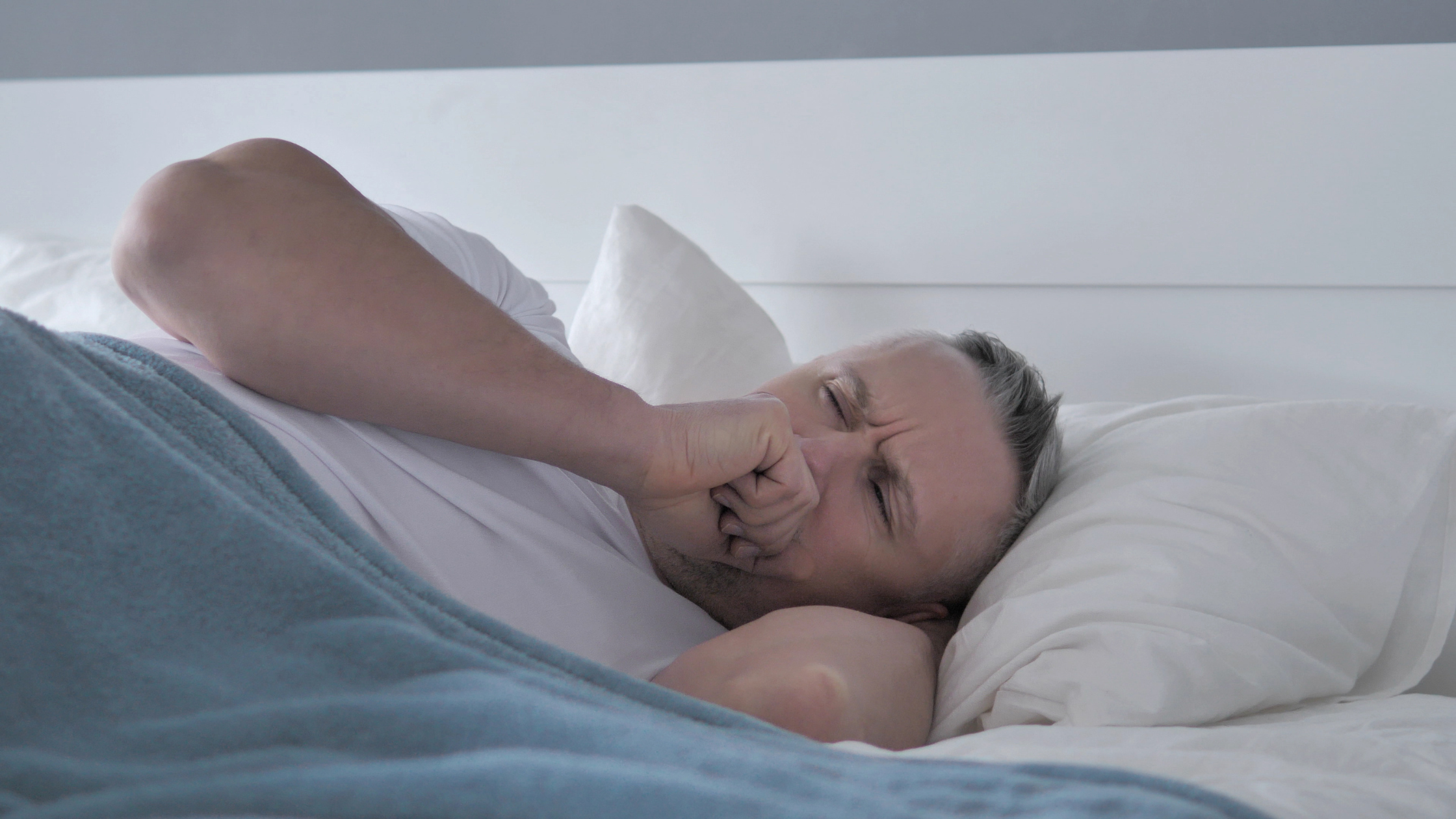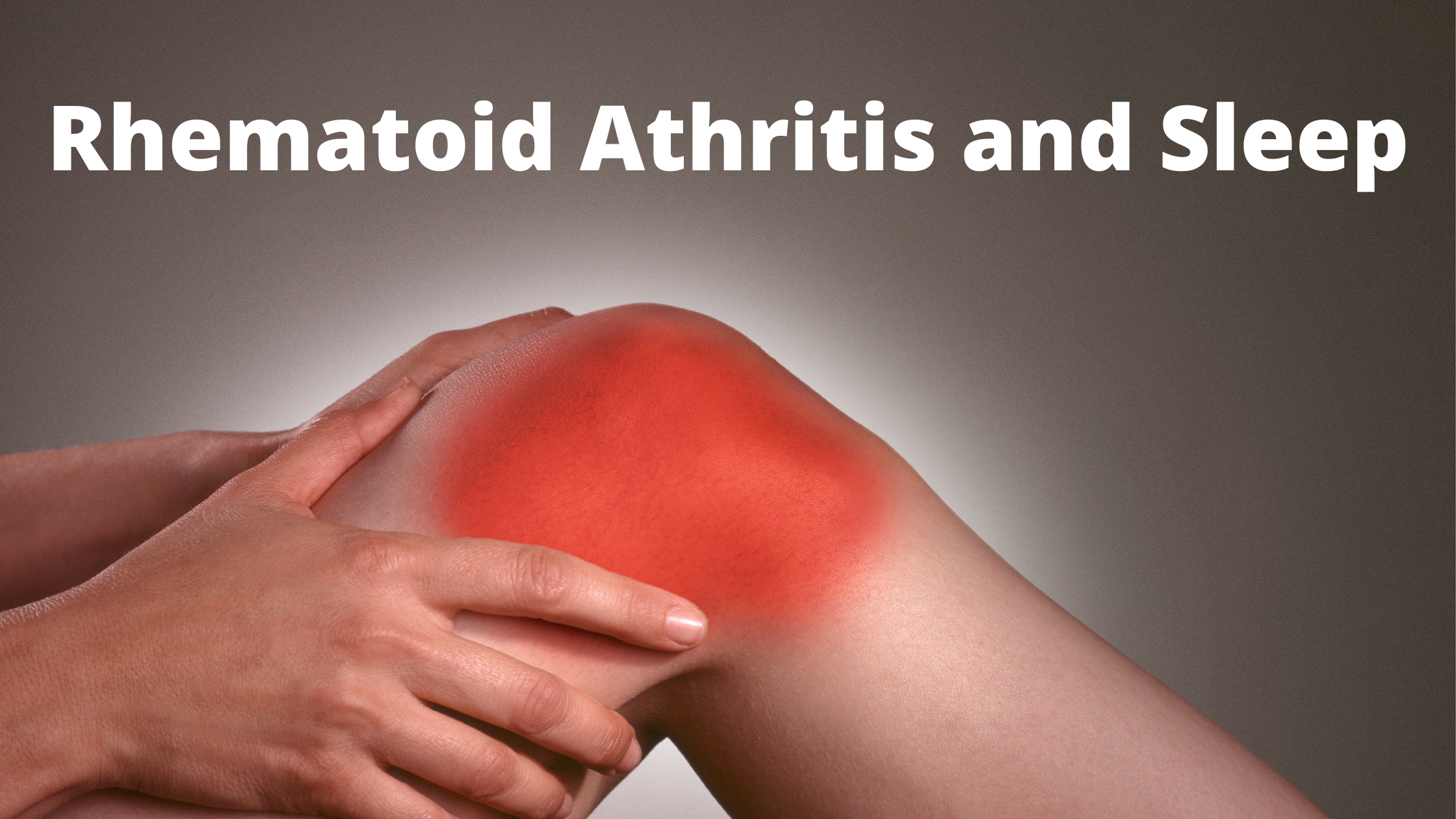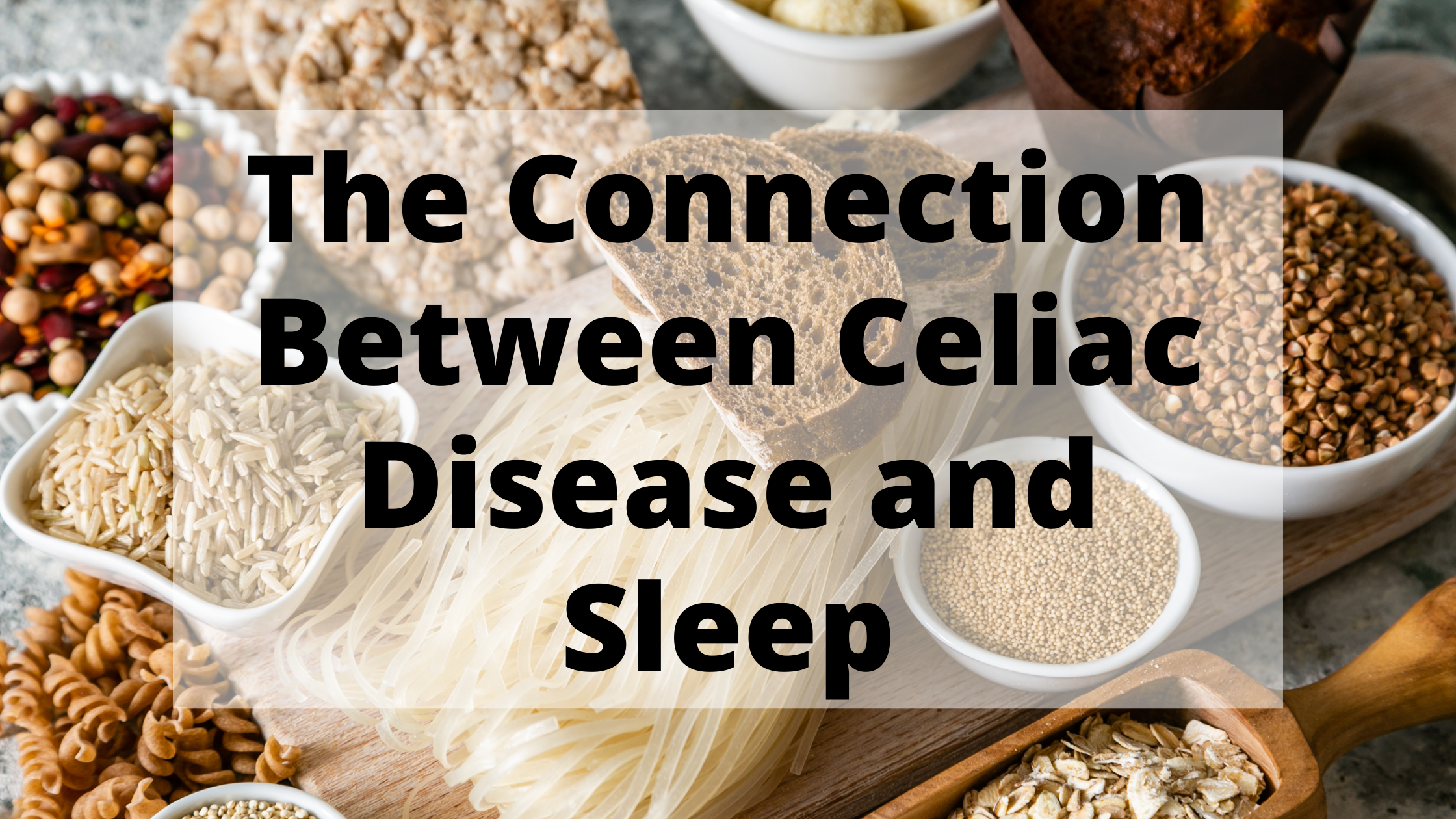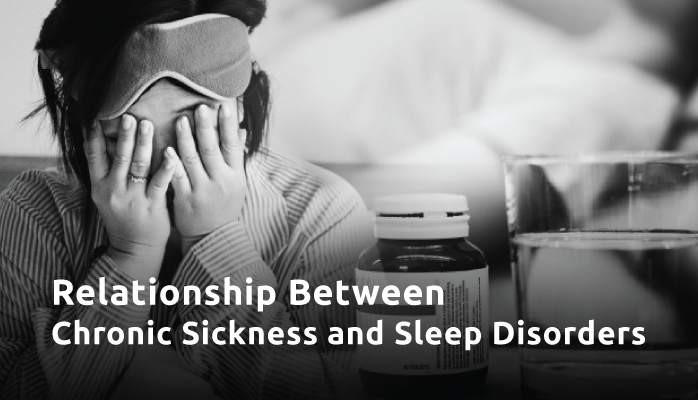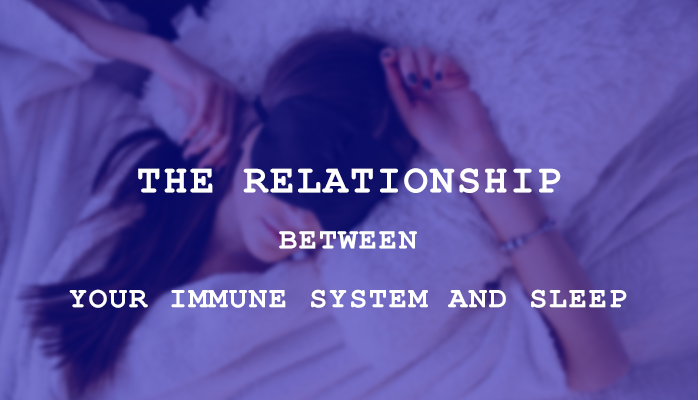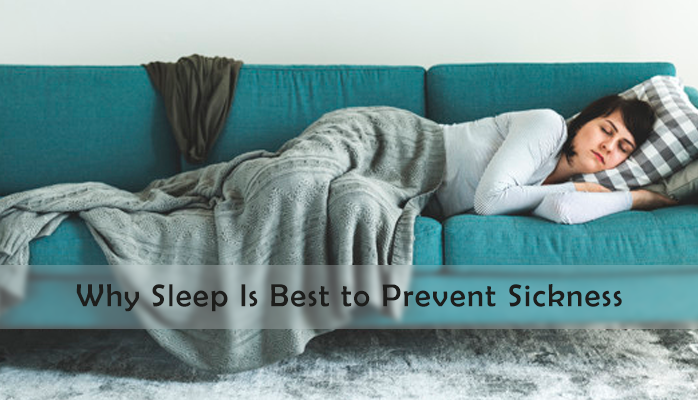Sleep is often described as the cornerstone of good health and well-being. It is during sleep that our bodies repair and restore themselves, allowing us to wake up feeling refreshed and energized. However, the importance of sleep extends far beyond mere rest. Scientific research has revealed a fascinating connection between sleep and inflammation—an intricate relationship that significantly impacts our overall health. In this blog post, we will explore the fascinating link between sleep and inflammation and discuss how prioritizing quality sleep can contribute to a healthier, inflammation-free life.
Fighting off a cough or cold can be challenging, especially when it comes to getting a good night's sleep. The discomfort, congestion, and incessant coughing can make it difficult to relax and drift into a peaceful slumber. In this blog post, we'll explore practical tips and strategies to help you sleep better despite a cough or cold. By implementing these suggestions, you can increase your chances of a restful night's sleep, allowing your body the time it needs to heal.
Rheumatoid arthritis (RA) is an inflammatory joint disease. The immune system is overactivated and begins to attack some of the tissues of the person impacted. Sleep issues impact more than 80% of those with RA, as fatigue is the main reported symptom. Here is some more information on how RA impacts sleep and vice versa, as well as some techniques to help alleviate the impact that one has on the other.
Gluten allergy, also known as Celiac disease, is the result of the body's inability to process gluten and an allergic reaction that takes place in the bowel. A gluten allergy is a genetic disorder that affects the way the body processes gluten. Gluten is a molecule found in wheat, so anything that uses flower or any other grain source is going to have gluten in it. Therefore, if you have celiac disease, then you're going to feel major discomfort every time you consume something that contains gluten. Find out more about the connection between gluten and what it could do to your sleep.
The Relationship Between Chronic Sickness and Sleep Disorders
The relationship between your immune system and sleep
Your immune system and sleep are intimately connected. Sleep loss impacts your immune response and, in turn, your immune system alters your sleep. If you are trying to avoid getting sick, consistent long and quality sleep will be one of your primary methods of preventing illness and ensuring optimal recovery.
Molecules called cytokines are signaling molecules in the immune system and the brain. Sleep deprivation decreases your body’s production of cytokines and inhibit your immune response to illness. Such as:
- Flu
- Colds
- Chronic illness
Specifically, lack of sleep prevents your immune system from building up its forces, meaning that your immune system will be overloaded by illness and will likely take longer to recover.
During illness, increased levels of pro-inflammatory cytokines correspond with increased fatigue, which is why you feel tired when you are sick. It’s your body’s way of telling you to sleep more and recover quicker from your illness.
The Relationship Between Your Immune System and Sleep
The Relationship Between Your Immune System and Sleep
The immune system and sleep are intimately connected. Sleep loss impacts immune response and, in turn, immune system failures impact sleep. If one is trying to avoid getting sick, consistent quantiful and quality sleep is one of the best ways to prevent illness and ensure optimal recovery.
Molecules called cytokines are signaling molecules in the immune system and the brain. Sleep deprivation decreases the body’s production of cytokines and inhibits immune response to illnesses, such as:
- Flu
- Colds
- Chronic illness
Specifically, a lack of sleep prevents the immune system from building up its forces, meaning that it will be overloaded by illness and likely take longer to recover.
During illness, increased levels of pro-inflammatory cytokines correspond with increased fatigue, which is why fatigue is a symptom of illness – it’s the body’s way shutting down to sleep for a quicker recovery.
Why Sleep Prevents Sickness
Sleep loss impacts your immune response and, in turn, your immune system alters your sleep. Sleep is one of your primary defenses against getting sick, as it helps ensure that your immune response is optimal and effective.
The relationship between sleep and the immune system are molecules called cytokines. Cytokines act as signaling molecules in the immune system and the brain. Sleep loss decreases your body’s production of protective cytokines.
During illness, increased levels of pro-inflammatory cytokines correspond with increased fatigue, which is why you feel tired when you are sick – it’s your body’s way of telling you to sleep more and recover quicker from your illness.


